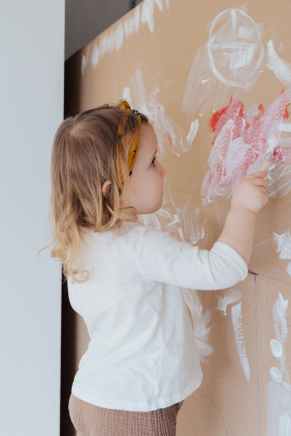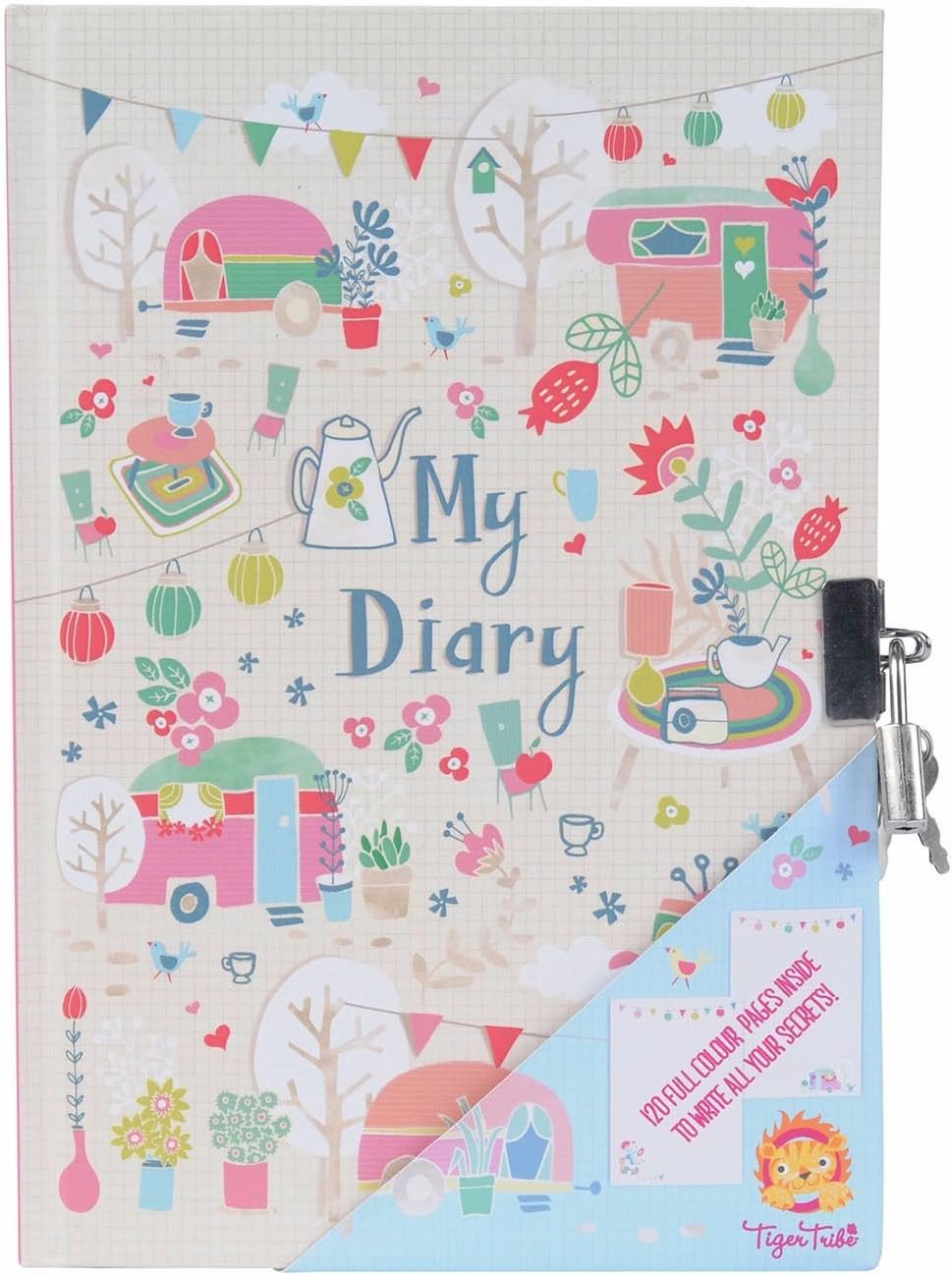Calling all parents, guardians and other grown-ups with little people to entertain! I’m sure your little ones have received plenty of work from their schools to keep their little brains occupied and educated during this horrible time. That being said, all teachers (and especially trainees like myself) are aware of how hard it is to get children learning when they simply will not and cannot tolerate spending another second sat at a desk.
Luckily, writing and doing sums are only tiny parts of a child’s educational experience. There’s a whole host of things you can do with your little ones that feel fun and provide learning without feeling so stuffy and well, kind of dull. I’ve tried to compile a list below of a few things you could do with your child, or have them do independently if they are able.
- READ WITH YOUR CHILD. Even if they can read on their own. Even if they love books and would happily read a whole chapter book in one sitting on their own. Even if they seem a bit too old to be read to. It has been proven time and again that children get so much out of being read to and reading with/to an adult. For older children, you could even have a ‘quarantine book club’, where you both (or the whole family!) read a book and talk about it after you’ve both/all finish. Naturally this is easier if you have an e-reader or several copies of the same book, but if you’re reading the book together you only need one copy. Reading and talking about books is invaluable to childrens’ education, and something they’re expected to do right from the start of school in their guided reading sessions.
- Find fun and/or practical maths challenges. As adults, we use our mathematical skills every single day – whether we’re sorting money, measuring/weighing things for cooking, or even telling the time. Now would be a fantastic time to teach your little ones how to follow a recipe and weigh out ingredients, roleplay a shop to practice money skills, or teach them how to tell the time using an analogue clock (if you don’t have one there are tonnes online dedicated to help children learn the time – try this one)
- Educational games. There are countless educational games and printouts online. Never underestimate the power of times tables games, wordsearches, crosswords, sudoku and other word, maths or puzzle games. If you can play with them, or perhaps if they have a tech savvy grandparent or other family member, try Words with Friends or online Scrabble. You could even create your own version of Boggle – give your child a number of letters and a time in which they need to find as many words as they can. See if they can beat you!
- Art, music and fitness not only keep us entertained and busy during these times, but for children can be really important learning experiences. If there was ever a time to let them do that craft kit or get the messy paints out, it’s now. Cover a table (and possibly the surrounding floors!) in cut up bin bags and let your little artists release their creativity! Along the same vein, let them have a living room dance party! There are many videos of dance routines from the video game Just Dance on YouTube – get them to try and follow along to practice their rhythm, balance and I would say gross motor skills. For a more educational boogie, try BBC Super Movers but be warned – your kids will want to do the Money Jiggle every. single. day. Take comfort in the fact that KS1 teachers who use this really do feel your pain. For a more structured workout I’m sure I don’t need to tell you about Joe Wicks’ PE lessons.

- Play to your kids’ strengths and interests. Does your child spend all day on video games? No problem. Love dinosaurs? Great! Can’t get enough of princesses? Lovely. Think about your kids’ interests, and find ways to get them doing educational and creative things based around these. If your child spends all day on Minecraft or playing Lego, give them a “commission” of something you want building – perhaps in exchange for a treat? They’ll use many skills and need to follow your specifications to build exactly what you want, and it’ll feel super fun.
- Roleplaying and make-believe. I’ve already mentioned roleplaying a shop, but there are many roleplaying scenarios you could create – and in fact your children are certain to have their own ideas about what they want to pretend today. If you’re letting them get arty, why not get them to make costumes or sets that they can play with? Even if they just write a sign that says “Princess Castle” or “Pirate Island” or even “Tesco”, it’s starting to get their imagination going. They can be anything, from magical creatures to explorers, and most children won’t need much prompting to disappear into their own world of imagination. Just be sure that if you’re roleplaying hairdressers that the scissors really are pretend!
- Scrapbooks or journals. If you’re worried that you’re not getting enough together to show school that they’re learning, consider getting your child to put together a scrapbook, diary or journal of all the things they get up to. Take plenty of pictures, keep artworks they do and even get them to draw pictures and write sentences to record what they’ve done that day. You could set them a small task to show what skills they’ve been building too – such as drawing a clock and asking them to write down what time it is.
For older children, they could write full diary entries and have a picture page to decorate next to them. Even if your child isn’t writing much, encourage them to use exciting language – even in KS1 they will be able to write an expanded noun phrase (adjective, adjective noun – for example, “big, red bus”) and come up with a lot of adjectives they could use as well as including thoughts and feelings.

- Storytelling and engaging with stories. This links with both number 1 and number 6. Children by nature love imagination and storytelling, and so getting them to write their own stories and engage with others is so beneficial. By engaging with stories, I don’t just mean reading and being read to/with (although as I mentioned at the top, PLEASE DO THIS). Podcasts, audiobooks, streamed plays, even films and tv shows are all stories. If you wanted to get really teachery, you could read/listen to/watch a story in some form and ask your child what they think will happen next. Most children would be able to guess, some even effectively writing a story straight away. You could then help them to write a paragraph, comic strip or even a short story about what might happen next.
- Ask your child what they want to do. In terms of teaching, you are in the relatively unique position of being able to cater to your individual child. As a trainee teacher, I would love to be able to come up with activities that excite and engage every single pupil for every single minute of the day; unfortunately that’s not really possible when you have 30 childrens’ needs to cater to and a National Curriculum to follow. If you want to give your child some guidance, you could give them several options of tasks and get them to pick which one they want to do or what order they want to do them in.
- Give them a reason for doing things. Children need to know why they have to do things. If your child knows why they’re doing something, they’ll be far more willing to do the thing. Try getting them to write a letter to a grandparent or family member, or write a story for a younger sibling (or pet!). This also links in to number 2 – if your child is weighing ingredients to go into their dinner (or better, dessert) they will be far more willing to be accurate and work it out than if they’re just looking at a picture of a scale on a piece of paper. If you need to know when it’s half past two, they’ll be more motivated to keep their eyes on the clock.
- Do things in short bursts. I’m slightly ashamed to say that if children are really struggling to focus in class, the easiest way I’ve found to get them to focus is to bribe them with a time limit and a treat, i.e. If you do this thing in this amount of time, you can have 5 minutes of Super Movers/watch a TV show/play in the garden/have a treat snack etc. (of course Super Movers is the only one I use in class, but house points aren’t really useful in well, a house!)
Remember that children have much shorter attention spans than adults – there is nothing wrong with letting them do things in short bursts. In fact, many adults use the Pomodoro method of study/productivity; whereby you work solidly for x amount of time then have a short break and repeat for an hour, then take a longer break.
Last but not least….
- DON’T PANIC. Also read with your children. But mostly don’t panic. You’ve got this, don’t worry – whatever happens, your children will be fine. They learn a lot even from everyday life (yes, that totally means you can get them doing housework as part of their schooling). We’re in a very weird situation right now and every reasonable teacher in the country knows that you’re doing your very best.

If you’d like to see some resources from me, I would be happy to compile some worksheets, activities, games etc. to help you keep your little ones learning and entertained. Stay posted!
See you soon,
Roisin (Miss H)